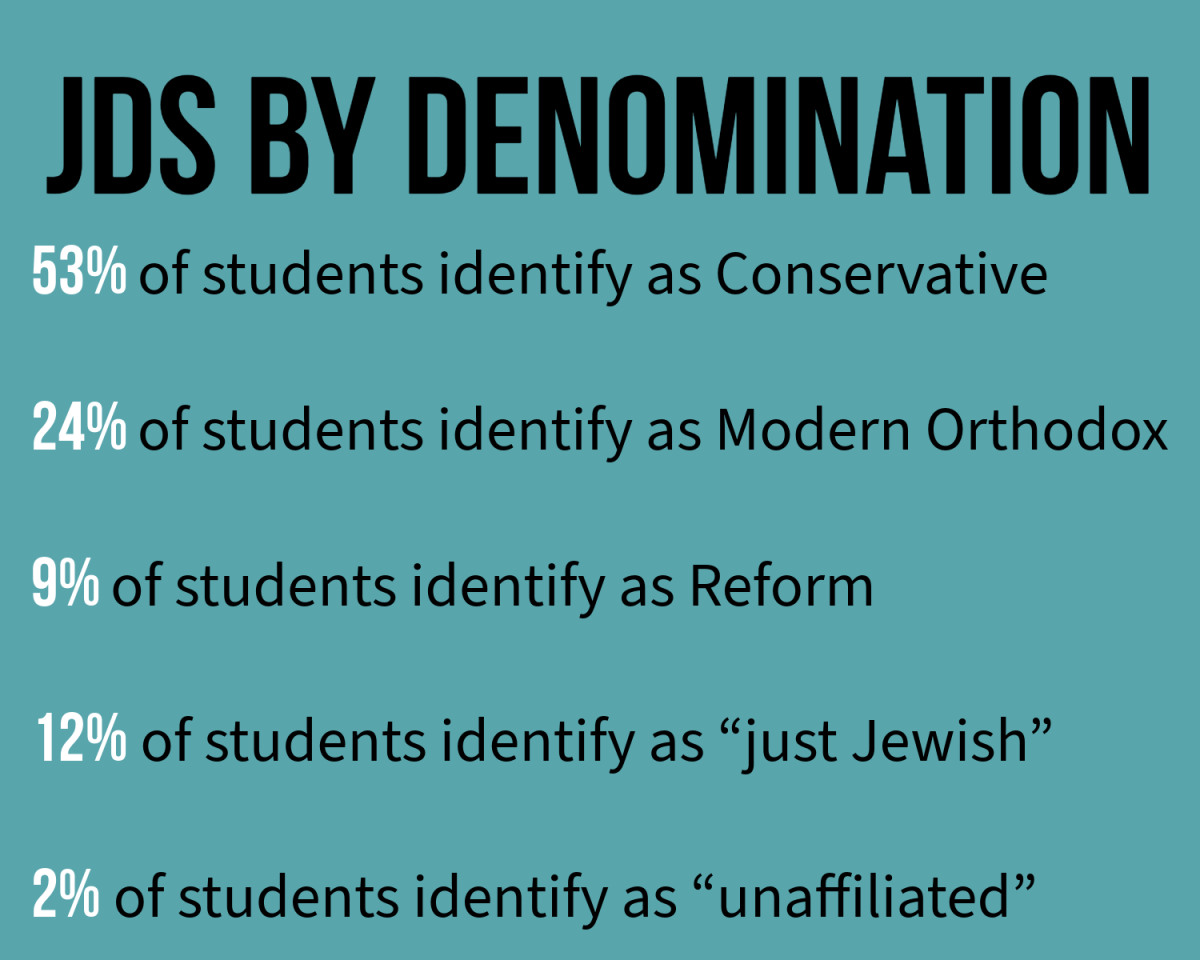PRO:
When I learned about the implementation of the new grading policy, I was excited that I didn’t need to do math homework and was doing well on the tests. However, as the year progressed, math started getting harder, and I wasn’t able to comprehend what we were learning without practicing it at home. Just like that, I had found a reason for doing my homework – as opposed to an incentive like a completion grade.
The “Grading for Learning” policy that CESJDS implemented at the beginning of the school year has been a subject of controversy among students. Completion points are no longer given for homework, there are no longer late work penalties, teachers may offer retakes or corrections on major assessments and there is a 50% grade minimum.
I believe that the policy accomplishes its goal of grades being based on mastery of material and encourages students’ self-motivation, preparing them for college.
The elimination of the late penalty causes fewer students to leave homework incomplete because they are incentivized to do it even if the due date has passed. Rather than requiring students to complete homework on time, the policy encourages students to learn on their own the importance of doing homework on time – which is to keep up with the timeline of the class.
Additionally, having no completion points lets students decide how much to study and causes them to find motivation, which are skills that will stay with them throughout their lives. Beyond high school, three points are not given for completing work. Completion points do not motivate students to learn but rather grade students on if they had time to complete their homework, which is not an equitable way to grade and is in no way based on mastery of the material.
On the other hand, completion points can be unfair to students who do not need to complete all of their homework to master the material. If a student can ace a math test without completing every single problem on their homework sheet, why should they spend hours of their free time completing it so their grade doesn’t drop?
Some complain that homework not being graded makes their whole grade based entirely on assessments, but this is not true. Teachers still grade certain minor homework assignments and projects such as paragraph writing or answering questions.
The ability to retake or redo assessments also minimizes the pressure of assessments as students can improve their mastery if they didn’t completely understand something the first time or if they had a bad day. This encourages students to learn material that they didn’t understand on the first test, and then their grade will change to reflect that.
The “Grading for Learning” policy encourages students to develop a love for learning, which is a JDS value and something students will take with them for the rest of their lives. It should be kept in place for the near future, as it helps students develop motivation to learn while still allowing them to use their time as they want.
CON:
“Is this for points?” “Why should I do it?” “Does this actually have a due date?”
Since the implementation of the new grading policy at the beginning of the school year, these sayings are common things I hear when my classmates and I receive a new assignment.
While I agree with the concepts of the new policy in theory, the practical application has not had a positive impact on me, and I argue that it achieves the opposite effect.
By reducing the amount of assignments that affect a student’s overall grade, more weight is placed upon summative assessments because they represent a significant portion of the overall grade. Isn’t the new grading policy meant to make students focus more on learning and less on the points?
Although formative assignments are meant to encourage learning, with high school students’ busy schedules, they’re often the first to get set aside since there are typically no points to be awarded for completion. People disregarding assignments doesn’t go with the school’s goal of promoting learning.
Additionally, the new system does not include daily penalties for late work, as the previous grading system did. Although teachers can require all formative assignments to be submitted before allowing a retake on a summative assessment, there are no real point deductions due to lateness.
Late penalties provided me with an incentive to do my work, because I would lose points. As someone who struggles with procrastination, this lack of motivation for a grade causes me to procrastinate even more.
Although removing due dates prevents any academic consequences from late work, it doesn’t stop habits of procrastination. By having no penalties, it provides no incentive to meet due dates.
This doesn’t help teach students to meet deadlines in the future. In college and employment, there are consequences for missing deadlines, and I believe that JDS should teach students this crucial skill early on.
I agree that school should be focused on learning rather than grades. However, I believe that this is not a realistic goal for the school to accomplish due to the procrastination many students face and the importance that college places on grades. Although created with the best intentions, I believe that the new policy is not fully beneficial for JDS students.









